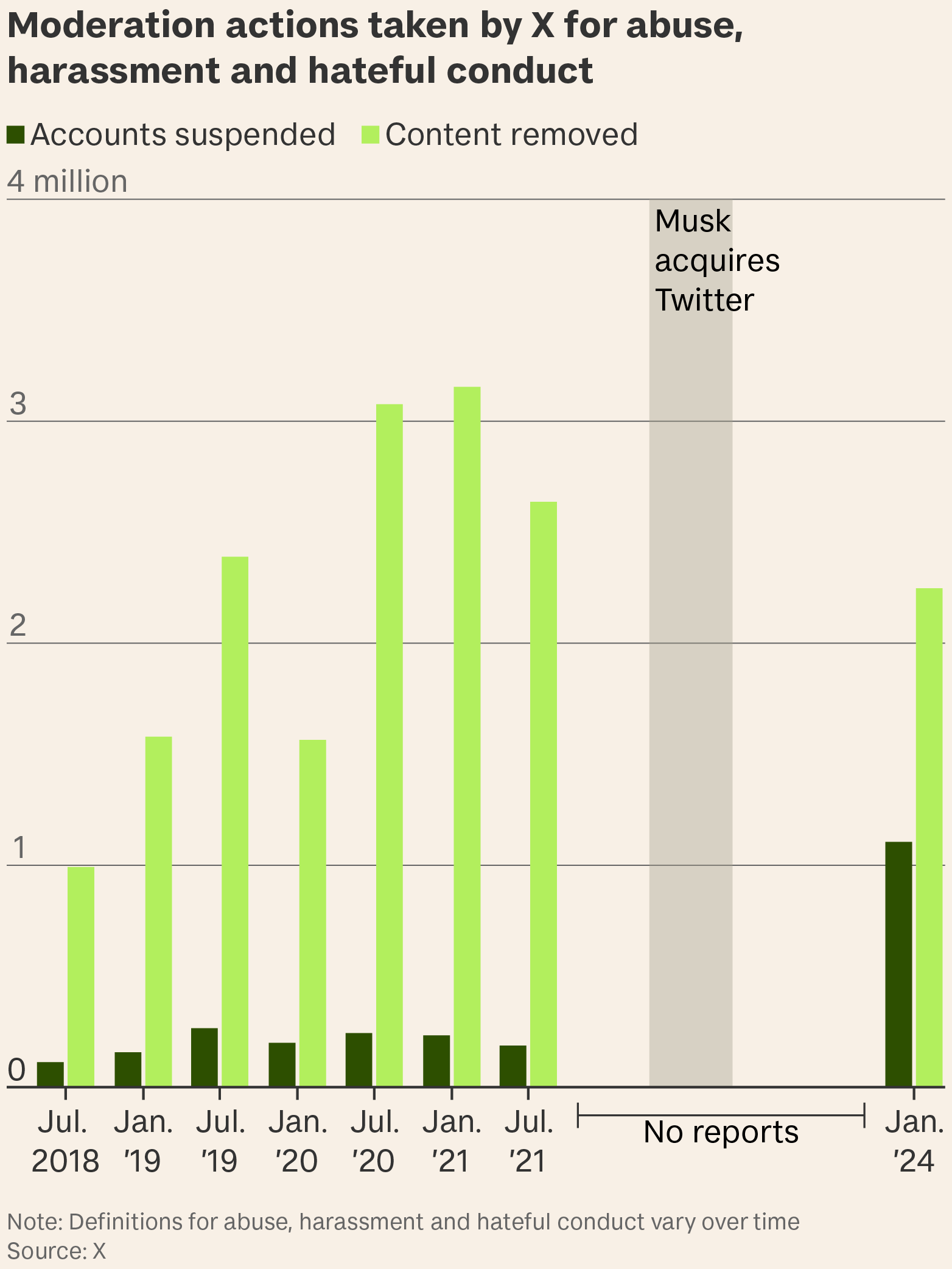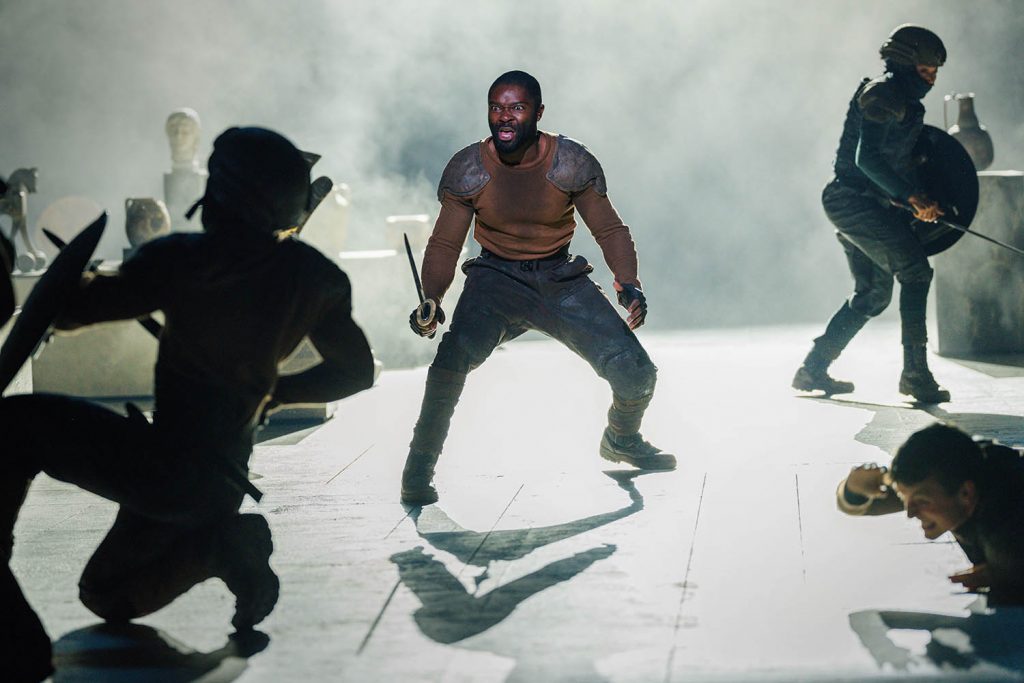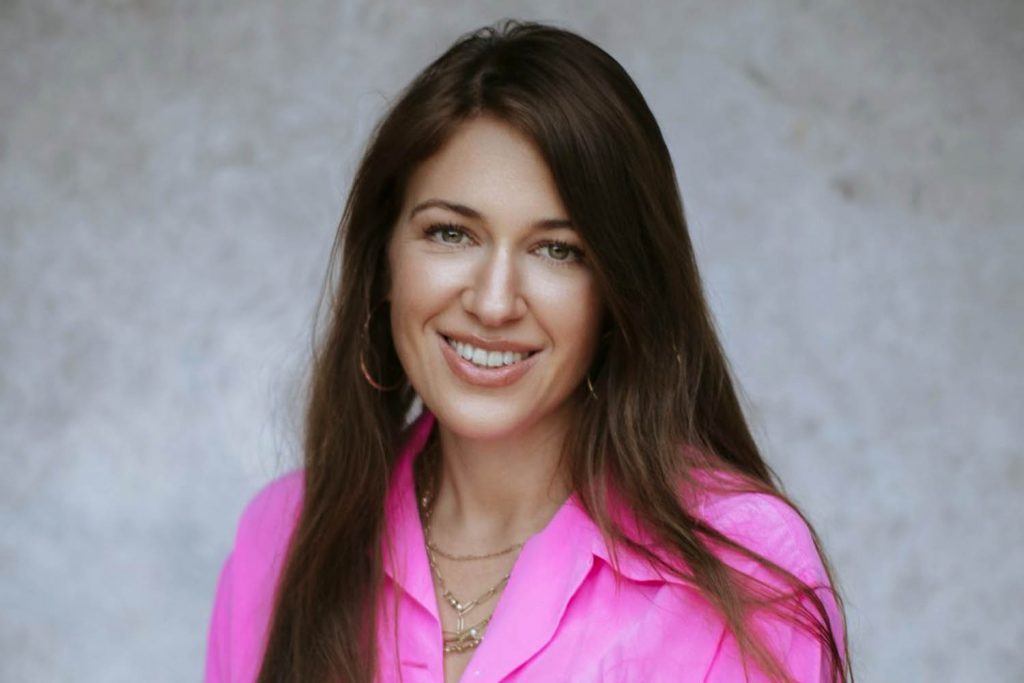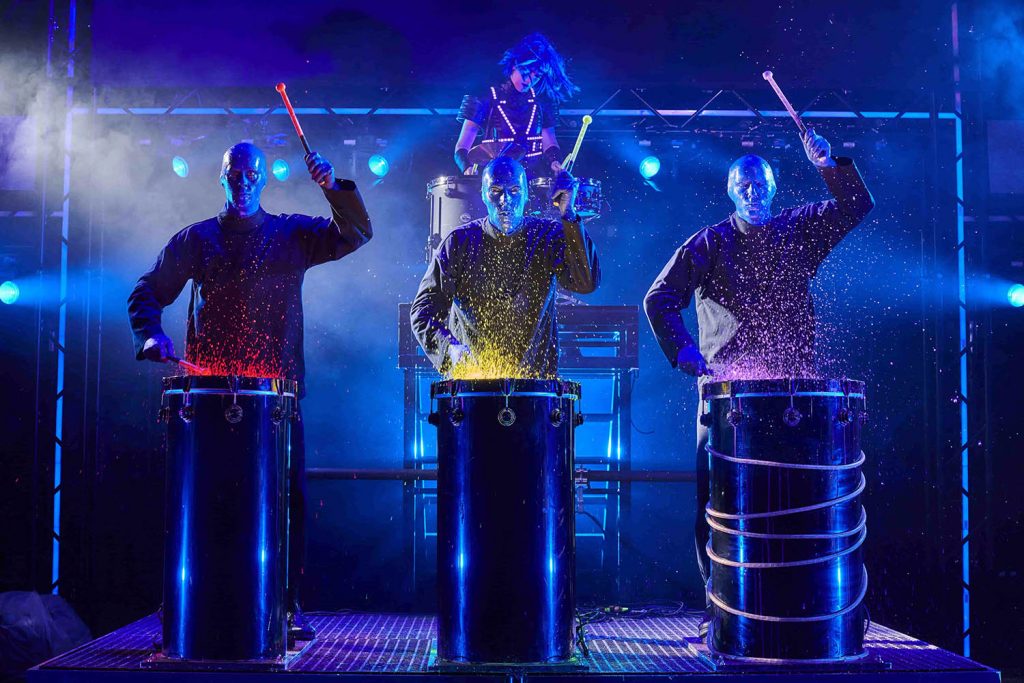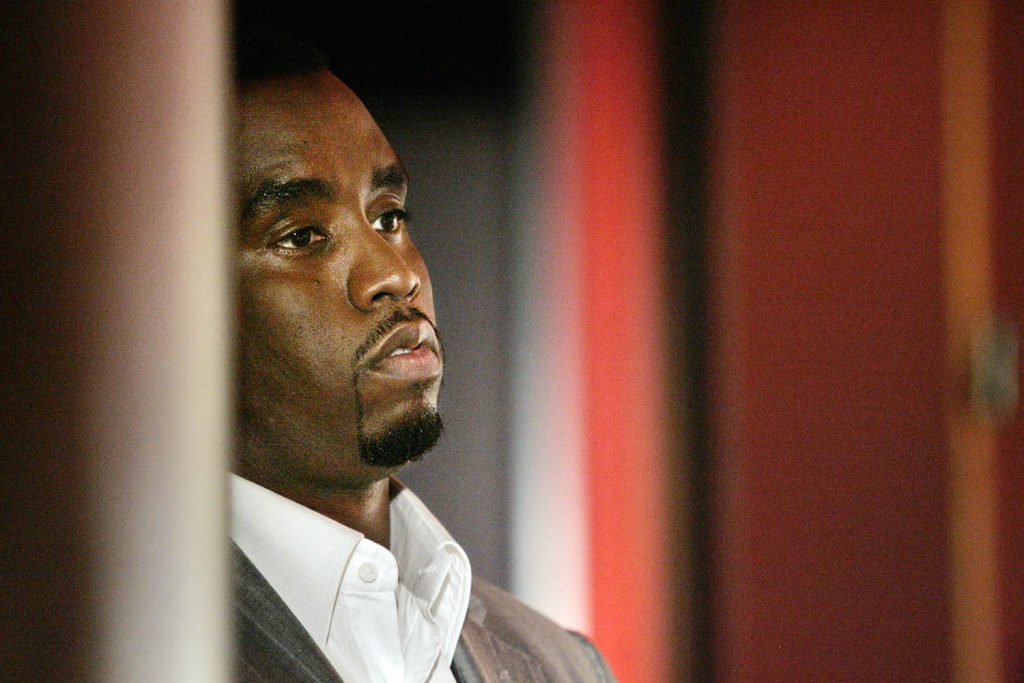
This time last year Sean ‘Diddy’ Combs was being handed the keys to New York City. Now he’s in a Brooklyn jail after pleading not guilty to federal charges of sex trafficking, racketeering conspiracy and transportation to engage in prostitution.
So what? This case has the potential to be Weinstein with more name recognition. Combs is one of the most powerful – and wealthy – men in the music industry: a chart-topping record executive and rapper who helped mastermind hip hop’s commercial success, and whose business empire has made him a billionaire. It’s also given him connections. The guest lists for his infamous “white parties” in the 90s and 00s are a who’s who of American entertainment.
The indictment. An unsealed indictment alleges that, since 2008, Combs used his vast entertainment empire to sexually abuse and exploit women.
He is accused of
- using threats of violence to force women into highly organised “sex performances” with male sex workers that left them so exhausted they were given intravenous fluids to recover;
- using video footage of these “Freak Offs” to coerce participants and keep them “obedient”;
- maintaining control over women by supplying them with drugs and tracking their location;
- engaging in other crimes including forced labour, kidnapping, arson, bribery, and obstruction of justice.
Through his lawyer Combs denied all charges and said the Freak Offs were consensual.
“A criminal enterprise.” That’s the key phrase, says Anna Cominsky, a professor at New York Law School. The prosecution's case positions Combs as the boss of a criminal organisation whose employees, resources and influence were used to facilitate and cover up these crimes. Hence the racketeering charge – which carries a maximum sentence of life imprisonment.
The enablers. The indictment implies the involvement or complicity of countless people working alongside Combs – from security staff and personal assistants to high ranking supervisors and other close associates.
Will they be named? It’s possible. “We're going to see people that were close to him, that were part of his business, who have become co-operators with the government,” Cominsky says. Co-operating might get them a reduced charge or even immunity – but a close association with Combs may now hold less appeal than it once did.
An open secret. It’s not just directly-employed staff who are concerned – see the celebrities quietly deleting photos of themselves with Combs. “There were definitely rumours outside the industry about these parties,” says Jennifer Justice, an entertainment lawyer who was general counsel at Jay-Z’s Roc Nation. “It doesn’t surprise me that it happened for this long and that it was protected.”
The big question. Should charges against Combs have been brought sooner?
- The first allegations of abuse surfaced in 2019 in a YouTube interview by an ex-girlfriend and went largely ignored by the press, Combs himself, and apparently police.
- In November 2023, days after he was nominated for a Grammy, Casandra Ventura, a former long-term partner and popstar known as Cassie, filed a civil suit claiming Combs had “trapped” her in a "cycle of abuse, violence, and sex trafficking". A CCTV video obtained by CNN earlier this year appeared to show Combs assaulting Ventura in a hotel.
- Although Ventura’s lawsuit was settled in just over 24 hours, it appeared to prompt other lawsuits – and her claims appear to form the basis of the federal case.
- Since then a further nine women and one man have come forward with lawsuits, including one earlier this week.
Building a federal racketeering case like this takes time, Cominsky says, but it’s significant that the allegations in the civil lawsuits date back to the 1990s. The music industry is still a “wild, wild West,” Justice says. “The overarching thing is a general abuse of power.”
What’s more… It’s not all bad news for Combs. Streams of his music have jumped by 18 per cent this week as fans swarm to show support and digital sleuths turn to his lyrics for clues.



